In the digital age, the development of science, technology, innovation and digital transformation has become a decisive factor for a country's competitiveness. Realizing this, on February 19, the National Assembly passed a Resolution on piloting a number of special mechanisms and policies to create breakthroughs in the development of science, technology, innovation and national digital transformation to promote these fields, creating a solid foundation for a strong knowledge-based and digital economy .
Accordingly, the new Policy allows public science and technology organizations and public universities to establish or participate in establishing enterprises to commercialize scientific research results. This not only encourages practical application of research, but also creates opportunities for economic development from knowledge. Officials and researchers in these organizations are allowed to contribute capital, manage or operate enterprises with the consent of their superiors. This is an important step in transferring technology from research to production practice, creating motivation for scientific initiatives to enter life, directly serving the economy.
One of the breakthroughs of the Resolution is the acceptance of risks in scientific research. Specifically, organizations and individuals conducting research using the state budget will not be held civilly liable if they have fully complied with the research process. This encourages creativity and innovation, helping scientists to be more bold in testing new directions, thereby creating conditions for the development of breakthrough technologies.
The policy also piloted the application of a fund mechanism to provide funding for scientific research and technology development. These funds will operate independently, be monitored and periodically evaluated to ensure that resources are used effectively. In addition, a form of fixed expenditure in scientific research will also be implemented, according to which funding will be provided based on output products instead of just based on detailed estimates. This creates conditions for research organizations to be more proactive in financial management and focus on practical results, improving the efficiency of using the state budget.
Another important point of the Resolution is the ownership of research results. Research-hosting organizations will be granted intellectual property rights to research results funded by the state budget, creating a great incentive for them to invest in innovation and apply technology in practice. In addition, the commercialization of research results will also be facilitated through support policy mechanisms, thereby helping scientific research to be closely linked with businesses and the market, creating a bridge between theory and practical application.
The resolution also pays special attention to national digital transformation. The central budget will be used to invest, purchase, lease and operate national-scale digital platforms, helping to optimize efficiency and avoid wasting resources. At the same time, the policy also strongly supports telecommunications enterprises in quickly deploying 5G network infrastructure and developing international fiber optic cable lines, thereby promoting the country's digital infrastructure. An important highlight in the policy is the piloting of low-orbit satellite telecommunications services, creating conditions for Vietnam to participate in the trend of advanced telecommunications technology in the world. Controlled testing of this type of service will help evaluate the effectiveness and impact of the technology before widespread deployment, contributing to improving the country's technological capacity.
Another important policy in the Resolution is financial support for the construction of the first semiconductor chip factory in Vietnam. The Government will support 30% of the total project investment if the factory is accepted and put into operation before 2030, with the total support not exceeding VND 10,000 billion. This is a long-term strategy to improve technological competitiveness and reduce dependence on foreign chip supplies, while contributing to promoting the domestic semiconductor industry to develop more strongly.
This Resolution marks an important step forward in Vietnam’s strategy for science, technology development and digital transformation. Not only does it facilitate the development of scientific research, this policy also opens up opportunities for businesses, organizations and individuals to participate in the innovation process, towards a knowledge-based, sustainable and modern economy. With the synchronous implementation of breakthrough policies, Vietnam has the opportunity to become a regional innovation center, creating a solid foundation for future development.
Source: https://thoibaonganhang.vn/nen-tang-vung-chac-cho-nen-kinh-te-tri-thuc-kinh-te-so-160616.html


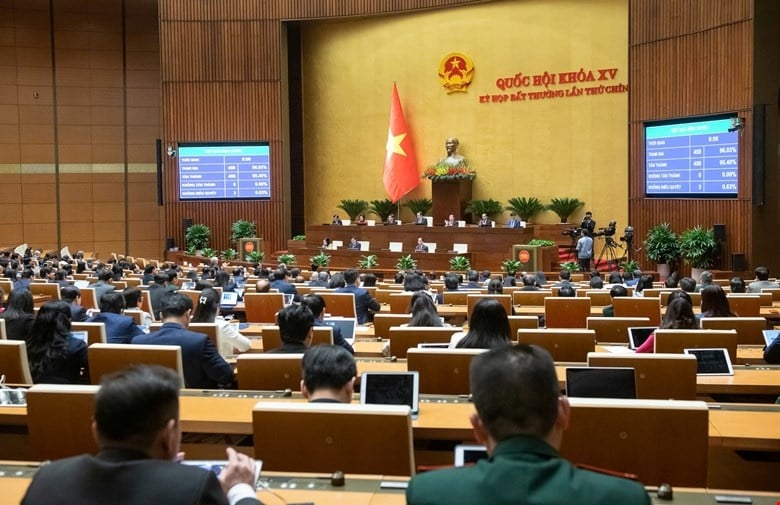
![[Photo] Lam Dong: Images of damage after a suspected lake burst in Tuy Phong](https://vphoto.vietnam.vn/thumb/1200x675/vietnam/resource/IMAGE/2025/11/02/1762078736805_8e7f5424f473782d2162-5118-jpg.webp)
![[Photo] President Luong Cuong receives US Secretary of War Pete Hegseth](https://vphoto.vietnam.vn/thumb/1200x675/vietnam/resource/IMAGE/2025/11/02/1762089839868_ndo_br_1-jpg.webp)




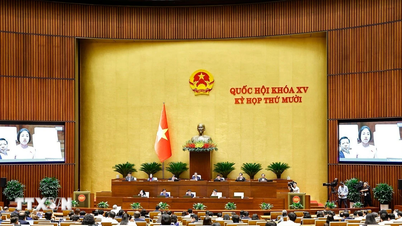





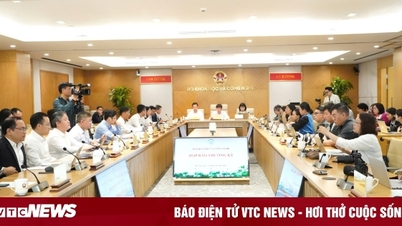



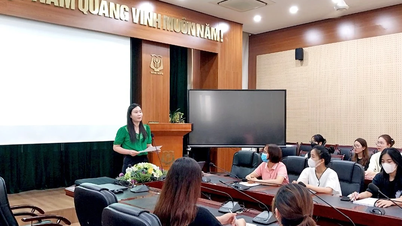




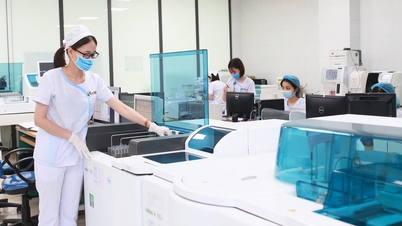



























































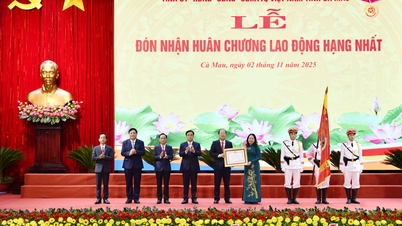






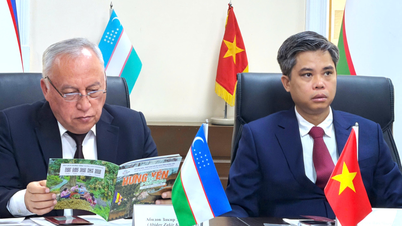



















Comment (0)